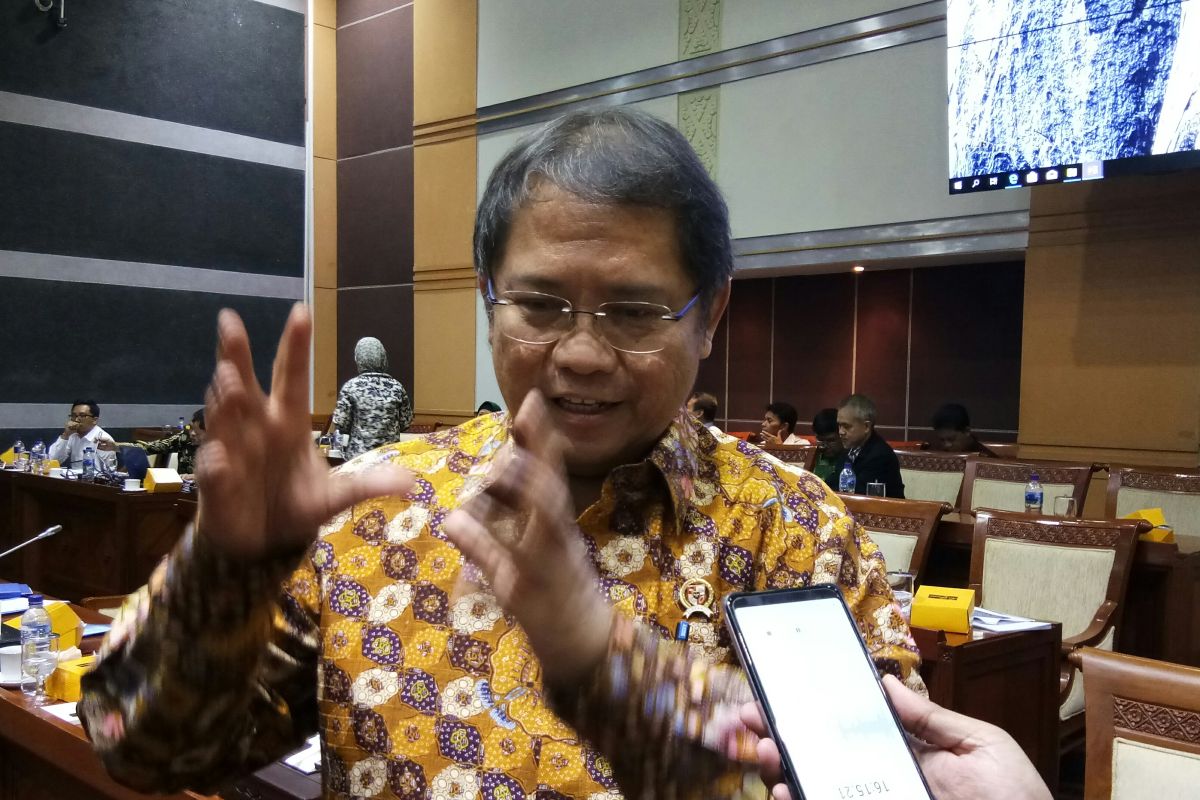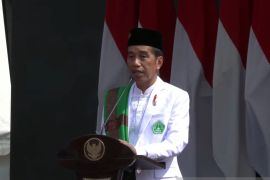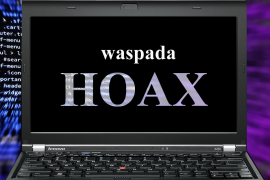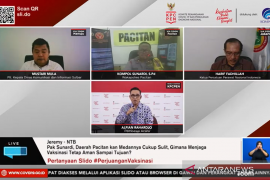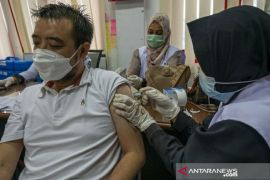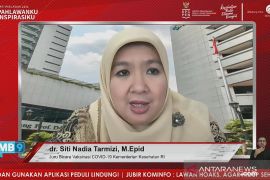"The number of such URLs has declined to 200-300, or averaging 100 (web addresses)," the minister stated at a hearing with Commission I of the House of Representatives here on Tuesday.Jakarta (ANTARA) - Communication and Informatics Minister Rudiantara reported a drop in the number of web addresses (URLs) misused to disseminate fake news and hoaxes following the elections and May 21-22 unrest in the capital city Jakarta.
"The number of such URLs has declined to 200-300, or averaging 100 (web addresses)," the minister stated at a hearing with Commission I of the House of Representatives here on Tuesday.
The widespread dissemination of misinformation has left the government with no choice but to block some URLs.
On May 22-24, Rudiantara revealed that the ministry had blocked 600-700 URLs daily that were used to disseminate hoaxes.
"On May 23, we recorded the surfacing of over 600 web addresses. We closed them immediately, but they reappeared," he noted.
Currently, no new issues had arisen in connection with web addresses carrying content to incite the public.
With a decline in the number of web addresses spreading hoaxes, the government found it unnecessary to restrict access to social media application, including messaging application WhatsApp, during the electoral dispute trial at the Constitutional Court (MK).
Rudiantara has appealed to the public to not distribute hoaxes, particularly those related to general elections.
"We called on the people to not spark and disseminate hoaxes," he emphasized.
Earlier, following the May 21-22 rallying in front of the Election Supervisory Board (Bawaslu) building, the ministry had blocked access to social media applications, including WhatsApp, especially for videos and photos.
However, access to text messages and video call were still normal.
Rudiantara remarked that several fake news had gone viral through WhatsApp after being downloaded through social media. EDITED BY INE
Translator: Dewa Ketut SW, Sri Haryati
Editor: Fardah Assegaf
Copyright © ANTARA 2019
